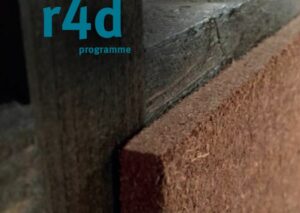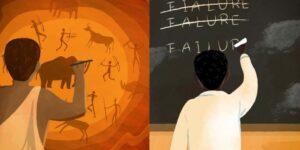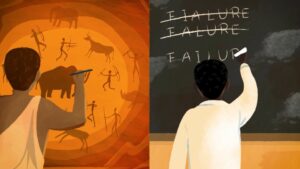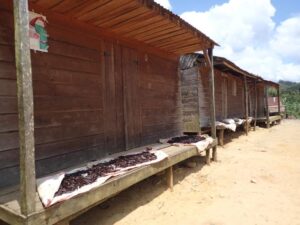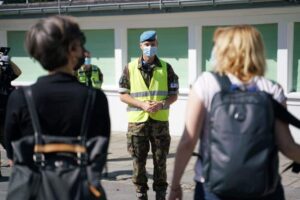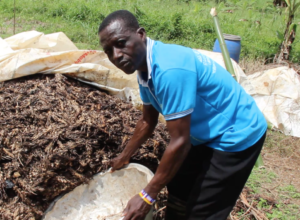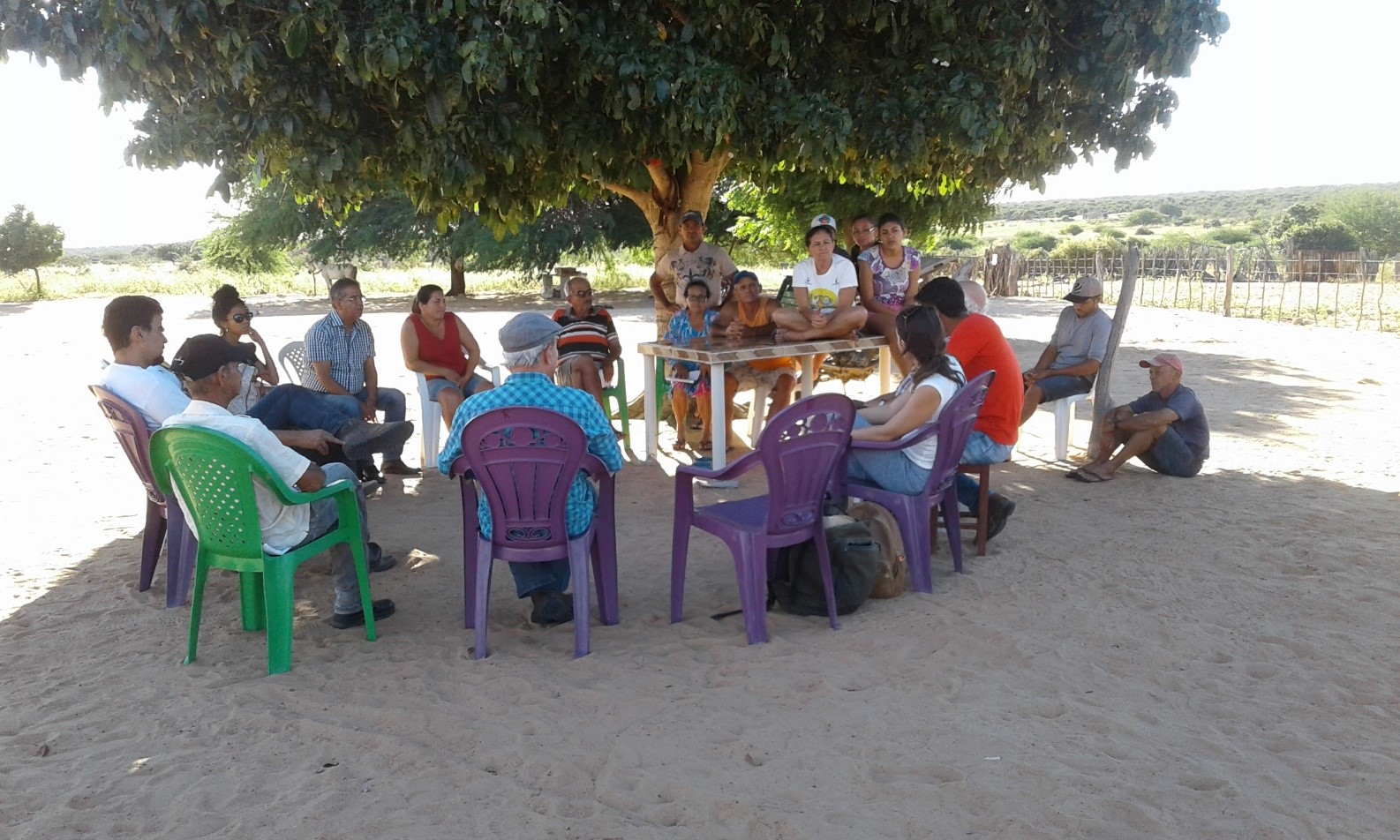
Utilization of research knowledge in transformation pathways towards sustainability
31.08.2021
Co-creation of research knowledge between academics and non-academic stakeholders, contributes to sustainable development and societal transformation. Based on a survey conducted among 43 international research partnership projects, we recommend an active engagement with non-academic actors, especially from vulnerable groups and local enterprises, from the start of a research endeavour.
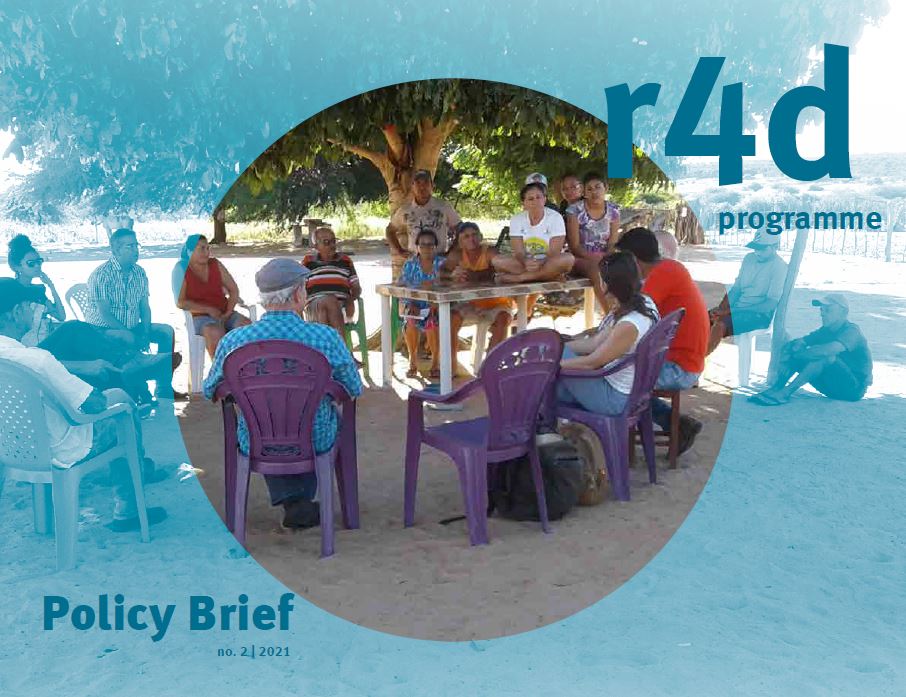
Related Posts
Für eine neue Kultur des Scheiterns
28.June 2022
Gender Dimensions in Peacebuilding
07.December 2021
Key Messages
- Research knowledge from 43 r4d projects is mostly used in science and to a lesser extent in policy-making and development practice.
- Most frequent non-academic users of research knowledge are governmental institutions and local communities.
- Different stages of utilization of research knowledge have been identified.
- Projects achieve multiple stages of utilization at different geographic scales from local to global.
- The early involvement of non-academic actors from key groups is linked to their utilization of research knowledge.
Sources
Aymara Llanque-Zonta, University of Bern, Center for Development and Environment (CDE), aymara.llanque_zonta@leuphana.de
Johanna Jacobi, University of Bern, Centre for Development and Environment (CDE), Switzerland, johanna.jacobi@cde.unibe.ch
Stellah M. Mukhovi, University of Nairobi, stellah.mukhovi@gmail.com
Eliud Birachi, Bioversity-CIAT, e.birachi@cgiar.org
Per von Groote, University of Bern, per.vongroote@ispm.unibe.ch
Carmenza Robledo, ETH Zürich, carmenza.robledo@usys.ethz.ch
r4d Synthesis Project Utilisation of research knowledge for sustainability transformations;
www.r4d.ch/r4d-programme/synthesis
Downloads
PDF: r4d Policy Brief 2021, no. 2
